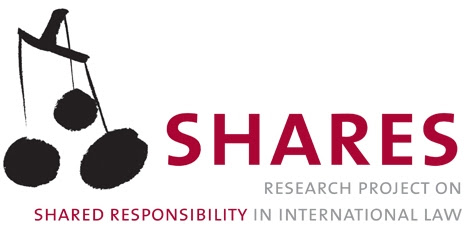Posted by: Bérénice Boutin
In international military operations, the determination of international responsibilities for the wrongful acts committed during operations depends on cooperation settings, and notably on arrangements regarding command and control over the troops. Regarding those terms, the operation undertaken in implementation of UNSC Resolution 1973 is conspicuously unclear. The option of a coalition of willing States has been adopted, and many States declared their willingness to participate to operations in pursuance of Resolution 1973, while the United States, France and the United Kingdom started operations.
At this stage, the ambiguity stems from the individualization of national operations: Operation Odyssey Dawn is the code name of the US operation, while France conducts Operation Harmattan, and the UK Operation ELLAMY. During the first days of the operation, no central command and control has been vested in one country, and the US is merely coordinating the operations.
Whether those three states are jointly liable at this stage is doubtful. The case for joint responsibility is not easy to make when the acts of each states can be clearly separated. Besides, since no single authority is vested with command and control over the operation, attribution is logically individualized.
Despite political disagreements, it is expected that NATO will end up participating in the operations, and probably will hold operational command and control and hence responsibility in case of violations of international law.
